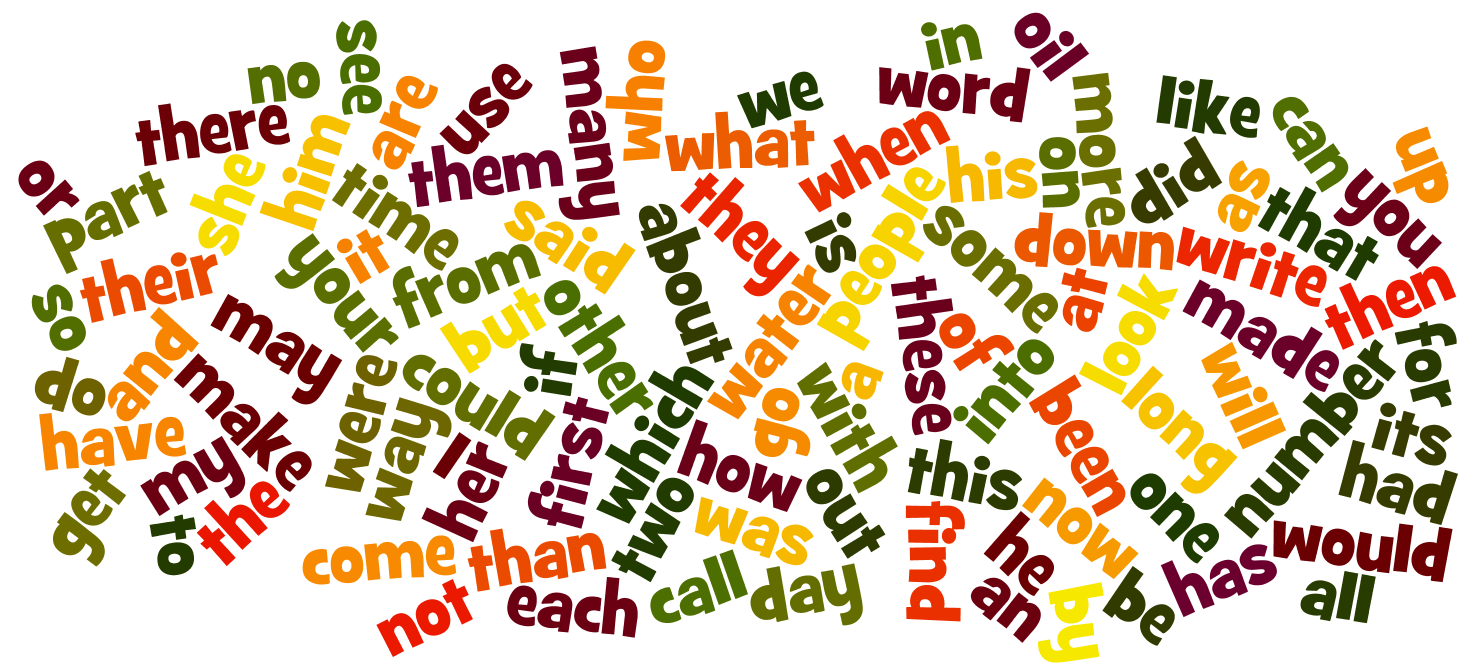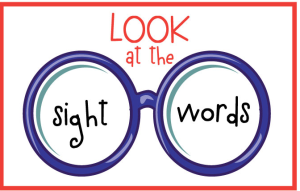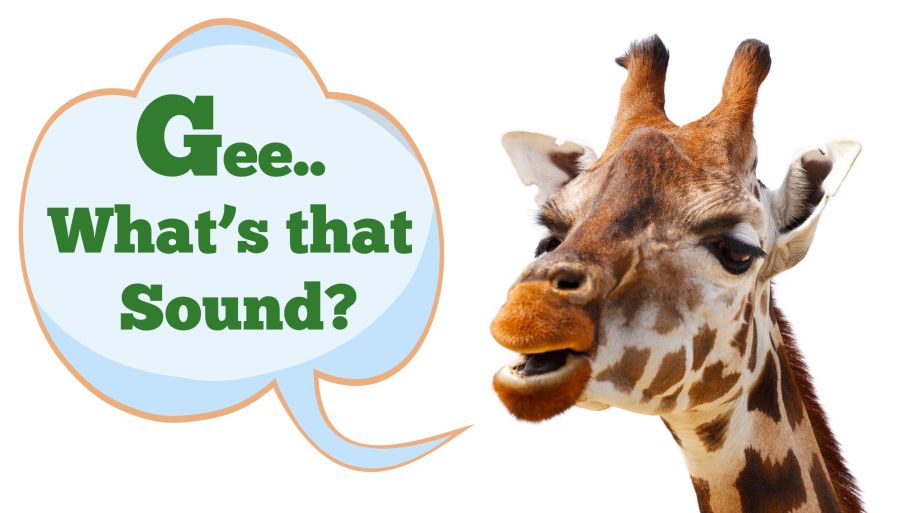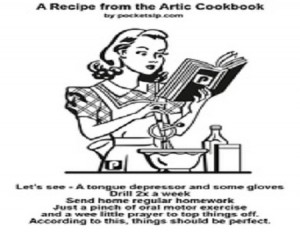If your child needs to see a speech therapist, there are a ton of great resources to help you through the process. Teachers, pediatricians, ASHA, and the all-knowing Google can guide you through the basics: from what’s an SLP to how to do I understand my IEP? But, there are times when you just want to hear about the experience from another parent. How did they react to the idea of speech therapy? How do they find the time for it? What is Speech Therapy like? What did their other kids think about their big brother having special appointments? Did they ever get a hang of all the acronyms? How do other families go from “I think we need to see someone” to “Speech therapy, yup, that’s a regular part of our family life.”
What Are Sight Words and Why Are They Important?
Language DevelopmentLike many families this week, your children are heading back to the classroom and coming home with a worksheet or two of homework. (Make that dozens of worksheets for your older kids!) The homework that caught my eye this week is the list of “sight words.” What are sight words? Sight words (high-frequency words, core words or even popcorn words) are the words that are used most often in reading and writing. According to Teach Stix:
In classrooms across America, the development of sight word recognition continues to be a top priority when instructing emerging and beginning readers.
They are called “sight” words because the goal is for your child to recognize these words instantly, at first sight.
Teaching the Sound of Letter G
Pronunciation & Lisps Speech Therapy Techniques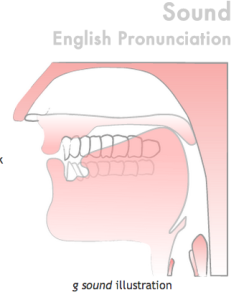
Teaching the Sound of G. Image courtesy of www.pronuncian.com
“Dess what Mommy?” “Where is the dod?, “When are we donna be there?” Are these familiar questions around your house? Is your son or daughter making a “d” sound in place of a “g”? Or, leaving the “g” sound out all together? If so, don’t fret. Most children under the age of five have some trouble correctly pronouncing certain sounds and words. While most children will usually mispronounce words at some point in her growth, the majority of children outgrow these mispronunciations and master correct sounds by certain ages. And, to make things even more complicated for your young child, there are two distinct sounds of “g” that he or she must perfect: a hard g and a soft g. Is there a way to help guide your child? YES! Here are some tips and tricks for teaching your child the sound of letter g.
5 Fast Fixes for “F” Sound Practice
At Home Ideas Language Development Parents' Corner Pronunciation & Lisps Speech Therapy Techniques
Image courtesy of www.really-learn-english.com
A few weeks ago, we covered methods to help your child correctly pronounce the sound of “TH”. While the most commonly mispronounced sounds are r, l, s, ch, and sh, the sound of “F” as in “Fish” is particularly difficult for a number of people, especially young children. Are you hearing a “p” instead of an “f”? Do your fish live in a “pishbowl” instead of a “fishbowl”? While we don’t have a Speech Buddy Tool designed to treat the mispronunciation of “f,” we do have suggestions to help your child with “f” sound practice. Here are five fabulous facts and features to fix the sound of “f”.
Continue reading
4 Easy Articulation Activities at Home
At Home Ideas Parents' Corner Pronunciation & Lisps Speech Therapy TechniquesArticulation. What exactly does that mean? Articulation is the movement of the tongue, lips, jaw, and other speech organs (the articulators) in order to make speech sounds. It is considered an articulation disorder when there are problems making the sounds. Sounds can be substituted, left off, added, or even changed. Often, it is young children who make speech sound errors. They may say “wabbit” instead of “rabbit”, or leave out certain parts of a word such as “nana” for banana. If these errors continue past a certain age without improvement, your child may have an articulation disorder. Are articulation disorders treatable? Absolutely. And you can work on improving articulation skills at home. Here are four easy articulation activities that you can do at home.
Continue reading


